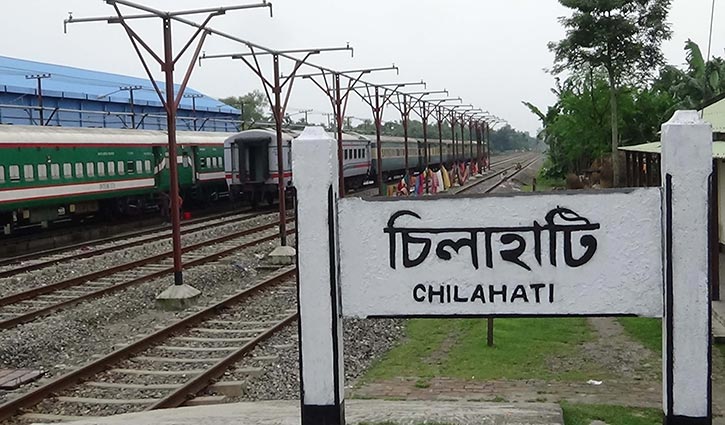
India and Bangladesh have agreed to reopen the Chilahati-Haldibari rail link after it was cut off during the 1965 war. With an aim to enhance transport and connectivity between the two nations, the leadership of both countries agreed to revive and operationalize six pre-1965 rail links between the two countries. The Haldibari-Chilahati rail link was part of the Broad Gauge main route from Kolkata to Siliguri which was cut-off 55 years ago.
The inauguration of the rail link will take place during the Virtual Summit of the Prime Ministers of India and Bangladesh on Thursday. Prime Minister Narendra Modi was scheduled to visit Bangladesh in March this year but due to the sudden onset of Covid-19, the visit had to be postponed. Thursday’s Virtual Summit between PM Modi and his Bangladeshi counterpart Sheikh Hasina comes a day after both the nations celebrate victory over Pakistan in the 1971 war.
The war of 1965 effectively cut off all the railway links between the two countries. To revive the ease of access on both sides, the rail links are being restored, enhancing connectivity and people-to-people ties on both sides.
With the inauguration of the Haldibari-Chilahati rail link, five out of six rail links are currently operational. The other four operational rail links between India and Bangladesh connecting West Bengal with Bangladesh are Petrapole (India) – Benapole (Bangladesh), Gede (India) – Darshana (Bangladesh), Singhabad (India)-Rohanpur (Bangladesh), and Radhikapur (India)–Birol (Bangladesh).
Haldibari-Chilahati route will enhance connectivity to Assam and West Bengal from Bangladesh. This link will enhance rail network accessibility and give a boost to bilateral trade and economic development of the region. Currently, the rail link will facilitate the movement of goods cargo. Passenger movement will also commence as soon as the necessary infrastructure on both sides is in place.
India and Bangladesh have also stepped up their rail cooperation in mitigating the impact of the COVID 19 pandemic, as trade via land border has been facing disruptions. Rail as a cost-effective and environmental-friendly solution has helped in transporting essential commodities across the border.
(Source: DD News)
